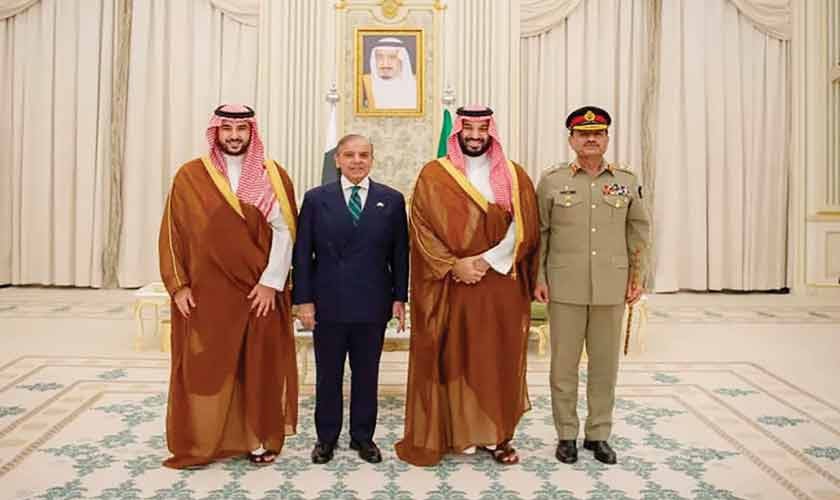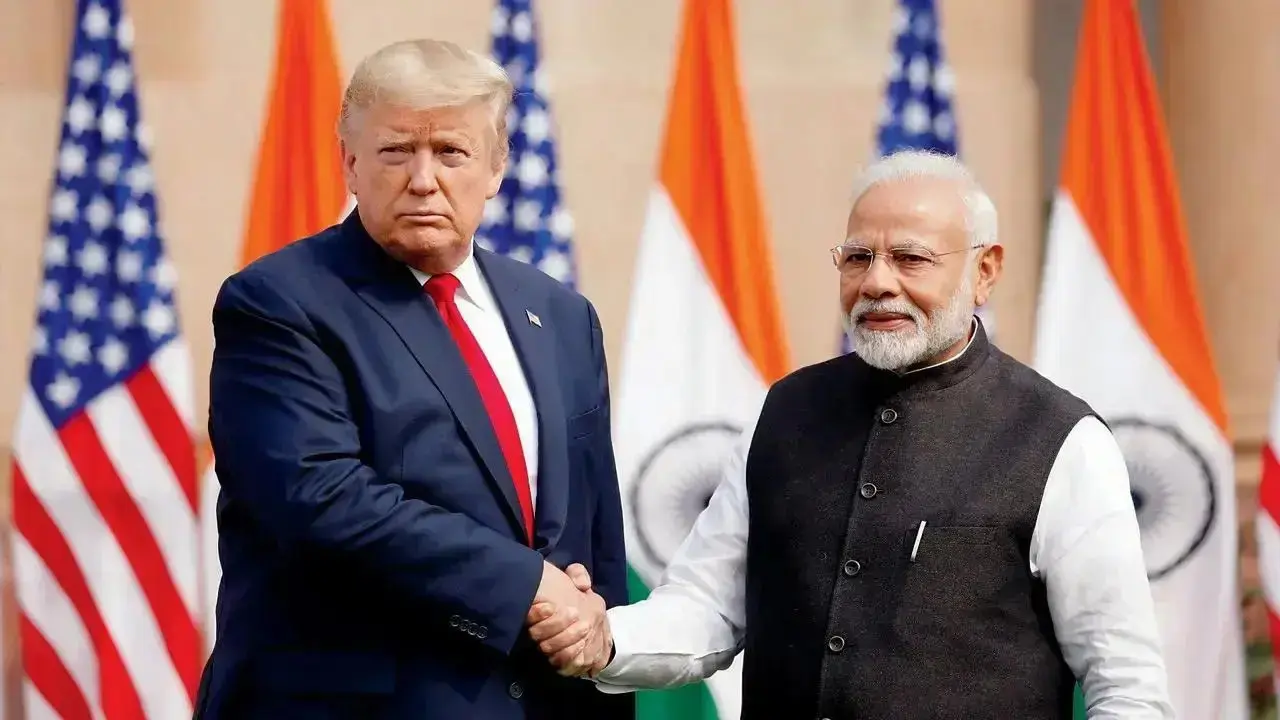The Middle East is on the brink of turmoil after Israel attacked Qatar. Over the past year, it has struck Lebanon, Syria, Yemen, and Iraq with impunity. Now, it has extended this trail of violence to Qatar, the sixth Muslim country to face an Israeli attack.
The pattern is unmistakable and vivid. Israel kills at will; the Global South condemns, and the United States, along with a handful of its close allies, looks the other way. In Gaza, more than 64,000 Palestinians have been killed since October 2023. Entire neighborhoods have been flattened, hospitals destroyed, and families wiped out.
What the world is witnessing is not a conflict in the narrow sense but a campaign of annihilation that many international observers and institutions have already called genocide.
### Understanding the Broader Geopolitical Context
This new chapter of aggression must be understood in the broader geopolitical setting. Qatar, though small in size, has carved out a reputation as a credible mediator in some of the most intractable conflicts of recent decades. Its diplomatic finesse was proven in 2020 when Doha hosted and facilitated negotiations between the US and the Taliban that ended the former’s 20-year military presence in Afghanistan.
That agreement was no small achievement. It gave Qatar the standing of a trusted interlocutor, capable of bridging divides where other actors could not. It is precisely this role that Israel targeted and undermined.
Over the past months, Qatar tried to broker an end to the Gaza bloodshed. It invited Hamas leaders to Doha, hoping to secure at least limited progress in terms of a pause in fighting, the release of hostages, and the opening of humanitarian corridors. The starving Palestinians desperately needed such a breakthrough.
### The Attack on Qatar
Instead of rewarding diplomacy, Israel responded with bombs.
On September 9, it struck the Hamas delegation inside Doha, killing six people, including some junior Hamas leaders and a Qatari security officer. Israel claimed that it was neutralizing terrorist masterminds. In reality, it was torpedoing the fragile negotiation process that Qatar had painstakingly built.
Importantly, by striking in Qatar, Israel flaunted its ability to project power anywhere, even in the heart of a wealthy Gulf emirate. It was a calculated sabotage of mediation efforts, ensuring that the war in Gaza continues on Israel’s terms.
### The US Role and Complicity
The US knew of the Israeli attack in advance. However, the Trump administration chose not to stop the strike. This silence was not neutrality; it was complicity. Washington’s willingness to indulge Israel has become so absolute that even when an American ally such as Qatar is attacked, it does not intervene.
Interestingly, Israeli Prime Minister Netanyahu—already facing three corruption indictments at home and nightly protests by families of Israeli hostages—acted with confidence, knowing his American backers would shield him. Indeed, Israel enjoys a carte blanche.
The US military presence in the Gulf has been revealed for what it is: a mechanism aimed at containing Iran, not restraining Israel. For Doha, the irony is bitter—the country hosts Washington’s forces, but when its sovereignty is violated by Israel, those forces are irrelevant.
After the strike, Qatar had little choice but to continue to engage Washington. The Qatari prime minister’s visit to the White House days later was telling. It signaled that US-Qatar relations remain intact.
For Qatar, maintaining good ties with the United States is indispensable for security and its international stature. For Washington, Qatar remains valuable for its gas reserves, its mediation network, and its hosting of the largest American military base in the region. Both sides have too much at stake to wish to rupture ties.
Still, the optics were clear: Qatar’s grievances were politely registered but quickly brushed aside. The asymmetry of power is such that Doha must swallow the humiliation of an Israeli strike even while maintaining the very alliance that enabled it.
### The Muslim World’s Response: Divided and Limited
To show its resentment, Qatar convened a summit of Muslim states shortly after the attack. Leaders and representatives gathered to denounce Israel and voice solidarity with Gaza. The diplomatic theatre was striking; however, the results were meager.
No concrete sanctions or coordinated strategy was adopted against future Israeli actions. This gap between rhetoric and action highlights the structural weakness of the Muslim world’s response.
The reasons are familiar. Arab and Muslim-majority states are deeply divided. Some, such as the UAE and Bahrain, have normalized ties with Israel under the Abraham Accords, prioritizing trade and security over Palestinian solidarity. Egypt and Jordan remain tied to peace treaties they cannot afford to abandon. Saudi Arabia plays a careful balancing act, alternating between rhetorical outrage and pragmatic engagement with Israel. Even Qatar, one of the most outspoken defenders of Palestine, cannot afford to sever relations with Washington.
This disunity ensures that the Muslim world can condemn Israel loudly but act only timidly. Israel thrives on this fragmentation, confident that no unified front will emerge in the foreseeable future.
### Chilling Regional Implications
The attack on Qatar has chilling implications for the region. If even a wealthy Gulf emirate that hosts American troops can be struck with impunity, what protection do others have? It shows that Israel operates above regional norms, unconstrained by alliances and international law.
For Arab states, this will deepen mistrust not just toward Israel but also toward the United States, whose indulgence of Tel Aviv has now spilled into attacks on Washington’s own partners.
For the Global South, the incident is yet more proof of Western double standards, where sovereignty is sacred when violated by Russia in Ukraine but negotiators can be assassinated in Qatar without consequence.
### A New Defense Pact: Pakistan and Saudi Arabia
A major consequence of the attack was the defense pact between Pakistan and Saudi Arabia. On September 17, Prime Minister Shahbaz Sharif joined Saudi Crown Prince Mohammed bin Salman to sign a Strategic Mutual Defence Agreement (SMDA).
The Ministry of Foreign Affairs said the agreement reflected the shared commitment of both nations to strengthen security and promote regional peace, while also pledging to strengthen joint deterrence against any aggression. The agreement states that any aggression against either country shall be considered an aggression against both.
### Global Perception and the Road Ahead
A potential consequence is the isolation of Israel in global public opinion. Around the world, from Latin America to Africa to Asia, governments and civil society actors increasingly see Israel not as a state defending itself but as a rogue actor waging genocide.
The killing of negotiators in Doha reinforces this perception. It shows that Israel is not interested in peace but in victory at any cost.
However, condemnations alone will not stop the Israeli bombs. Until the US decides that the price of supporting Netanyahu’s war is too high in terms of global credibility, regional stability, as well as domestic politics, Israel will not relent.
For Palestinians, the message is devastating. Their suffering will not end until the US takes their plight seriously.
For Qatar and the Muslim world, the lesson is equally sobering. Diplomacy, mediation, and sovereignty will not restrain Israel unless real consequences are imposed.
For the international community, the choice is stark. It can either continue to condemn aggressors without taking any action against them or accept that the rules of global order are being rewritten in Gaza and Doha under Israeli fire.
Until then, the cycle of violence will persist, the death toll in Gaza will climb, and the Middle East will slide further into instability.
Israel’s strike on Qatar was not a one-off but a signal of what is to come. And as long as Washington looks away, Tel Aviv will continue its war unchecked.
The world must decide whether to watch silently or to act. Silence now is complicity in genocide.
https://www.thenews.com.pk/tns/detail/1344866-united-against-aggression


